Noahide Torah Courses
Noahide Nations has conducted nearly 3000 live online Torah classes over the past 15 years. Many of these classes are available in audio recordings. Here are just some of these courses.
God's Instructions
When God created man on the 6th day He wanted mankind to live in peace and harmony, through His Mercy. He gave Adam 6 instructions in order to live this way. After the flood He gave Noah a 7th. These are the Noahide Commandments.

Read More +
Noahide Prayer
For Noahides, prayer is considered a mitzvah when performed in response to personal needs or circumstances.

Read More +
Develop a Torah Personality
Help for perfecting your relationship with HaShem and yourself.

Read More +
Listen To Noahide Laws & Life Cycle Class
Listen to the overview from a previous class from the Noahide Torah Study Yeshiva Course.

Read More +
Seek Torah Wisdom
Torah wisdom should always flow through you. Learn about Hashem and you will learn about yourself!

Read More +
After The Flood
Ever wonder what happened when Noah and his family exited the Ark after the Flood?
Wisdom From Pirke Avot
Simon the Just…used to say,
“Upon three things the world stands:
On Torah, on (Divine) Service, and on Deeds of Lovingkindness.”
Pirke Avot 1:2
Ben Zoma said,
“Who is wise? The one who learns from all people…
“Who is mighty? The one who subdues the evil inclination…
“Who is rich? The one who rejoices in his portion….
“Who is honored? The one who honors other human beings….”
Pirke Avot 4:1
The Most Important Part of Studying Torah
The most important element in validating interpretations of the written and oral Torah is the concept of Mesorah. Mesorah is the greatest proof to the authenticity of any concept, practice, or interpretation.
Although the seven Noahide laws have their origins in Adam and Noah, God chose to transmit and preserve them via Moses and the giving of the Torah at Sinai. This placed the Seven Mitzvos within the structure and system of Torah study and learning. Therefore, the seven Noahide laws must be interpreted and understood within the context of the Torah.
This point cannot be stressed enough: Jewish, and therefore Noahide, study and interpretation of the Torah is unique and unlike the study of any other religious texts.
The Truth About the Ger
Don't ever be afraid of seeking truth or speaking the truth, as it says in
Proverbs 12:19...
Truthful lips will be established forever, But a lying tongue is only for a moment
Are Noahides Allowed to Pray?
For Noahides, prayer is considered a mitzvah when performed in response to personal needs or circumstances. If one experiences challenges for which he does not pray, his lack of response is tantamount to a denial of God as the sovereign ruler of all things and all events. When one does pray in such circumstances, it demonstrates reliance and belief in the Creator.
When a Noahide prays to give thanks or praise absent a personal need, he still receives reward for such prayer even though it is not of the same nature as prayer prompted by personal needs.
As with all personal prayers, there are no fixed texts for Noahide prayer. Since all Noahide prayer is essentially personal prayer, it is ideally expressed using sincere words from the heart.
Tools For Noahide Torah Study
The journey of Noahide Torah study is endless in depth and has no destination. You will realize this when your very essence proclaims, "the more I learn, the less I know"! Before you make this proclamation remember that it is a mitzvot for a Noahide to study the Noahide Laws and apply them in every aspect of their life. After you make that proclamation you will realize and appreciate why it is a mitzvot for a Noahide to study the Noahide Laws and apply them. The study of Torah is what gives us our awe of the Creator. The more we study the more awe we gain.
WHAT IS CHESED?
- Category: PROJECT CHESED
- Hits: 7792

Understanding the true meaning of Chesed is a big factor in our relationship with our Creator. Chesed a Hebrew word closely related to “kindness”, “love”, and “compassion”. Chesed is one of the pillars of Torah and is considered one of the highest virtues.
To do chesed means to do acts of kindness such as visiting the sick, helping the poor or the needy and so on. The Torah declares - "You shall go in His ways".1 The Rabbis interpret this as meaning: Just as the Holy One blessed be He is called "Compassionate," you should be compassionate; just as the Holy One blessed be He is called "Gracious," you should be gracious; just as the Holy One blessed be He is called "Righteous" you should be righteous...
Similarly, You should emulate the attributes God -- just as He clothes the naked... so should you; just as He visits the sick, so should you; just as He consoles the bereaved so should you.
Acts of kindness can be found throughout the Torah and is something Noahides should participate in on a regular basis. Below are a few things to remember.
Bikur Cholim: Visiting the Sick
Baba Metzia 30b: Whoever visits the sick removes one sixtieth of his illness, while one who ignores a sick person hastens his death.
Nedarim 39b-40a: Rabbi Helbo fell sick and no one visited him. Rabbi Kahana rebuked the sages: Did it not once happen, he reminded them, that one of Rabbi Akiva's disciples fell sick and the sages did not visit him? So Rabbi Akiva himself visited him and because [he arranged to have the floor] swept and washed, the sick man recovered. My master, [the sick man] said [to Rabbi Akiva], you have revived me. Rabbi Akiva went out and taught, He who does not visit the sick is like a shedder of blood.
Nedarim 40a: He who visits the sick will be spared the punishments of the next world.
Rambam Hilchot Avel 14:4: Whoever visits the sick, it is as if he removes part of his sickness and makes it easier on him, while one who ignores a sick person is like one who sheds blood.
Gemillut Chasadim: Acts of Kindness
Michah 6:8: You have been told what is good and what the Lord requires of you: to act justly, to love kindness, and to walk humbly with your God.
Tehillim 33:5: He loves charity and justice; the earth is filled with the loving kindness of the Lord.
Pirkei Avot 1:2: The world stands on three things: on the Torah, on the service (of G-d), and on acts of loving-kindness.
Pirkei Avot 3:9: He whose good deeds exceed his wisdom, his wisdom will endure. But he whose wisdom exceeds his good deeds, his wisdom will not endure.
Pirkei Avot 6:9: When a person departs from this world, neither his silver, nor gold, nor precious stones nor pearls accompany him; only his Torah and good deeds.
Shabbat 127a: People who perform acts of loving kindness will be rewarded by G-d in this world [during this life], and rewarded a second time in the next world.
Betzah 32a: Jews are compassionate children of compassionate parents, and one who shows no pity for fellow creatures is assuredly not the seed of Abraham, our father.
Succa 49b: Our Rabbis taught: Gemilut Chesed is greater than charity in three ways. Charity is done with one's money, while loving-kindness may be done with one’s money or with one’s person. Charity is given only to the poor, while loving-kindness may be given both to the poor and to the rich. Charity is given only to the living, while loving-kindness may be shown to both the living and the dead.
Yevamot 79a: Three signs identify this people: They are merciful; they are bashful; and they perform deeds of loving-kindness.
Hachnasat Orchim: Hospitality
Iyov 31:32: The stranger did not sleep in the street. I opened my doors to the traveler
Pirkei Avot 1:4: Let your house be open wide; treat the poor members as your own family.
Brachot 58a: Ben Zoma used to say, “What does a good guest say?” “How much ttrouble my host goes through for me. How much meat he has offered. How much wine he has set before me. How many cakes he has brought before me. And all of this trouble he went through for me.’” "But an inconsiderate guest, what does he say?” “What trouble has my host gone through? I have eaten one piece of bread and a single piece of meat. I have had but one cup of wine. All the trouble the host has gone to has been only for his family.”
Betzah 25b: A guest should not drink his goblet in one gulp. This is unmannerly.
Baba Batra 93b: In Jerusalem there was a custom of displaying a flag in front of the door, thereby indicating that the meal was ready and that guests might come in and eat. The removal of the flag was a sign that the meal was finished and that guest should cease from entering.
Rambam Hilchot Brachot 7:6: Never embarrass your guests by staring at them.
Support Noahide Nations and our many projects HERE.


 French (FR)
French (FR)  English (UK)
English (UK) 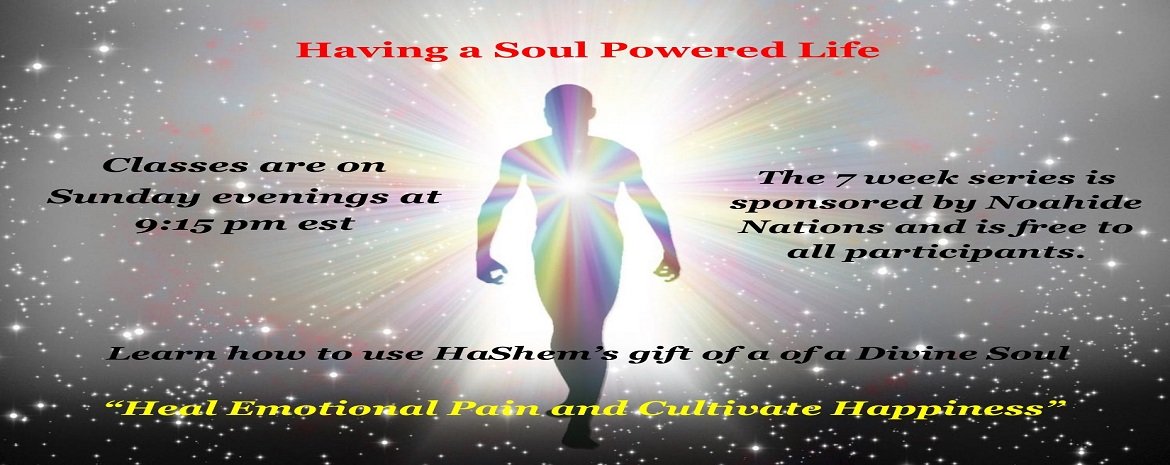





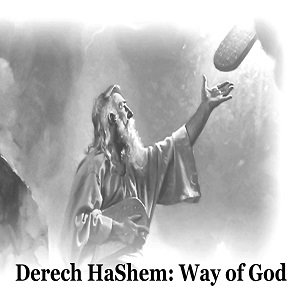

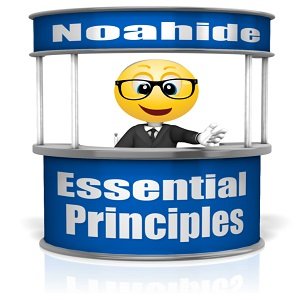



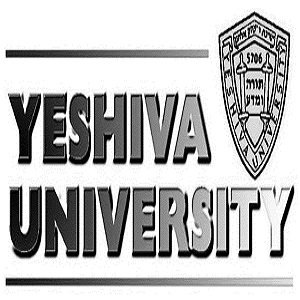
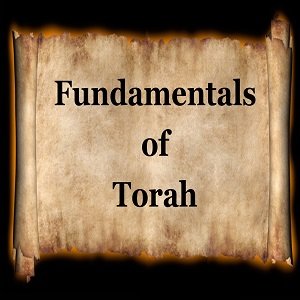
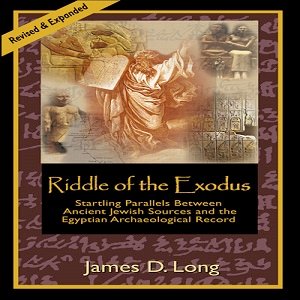

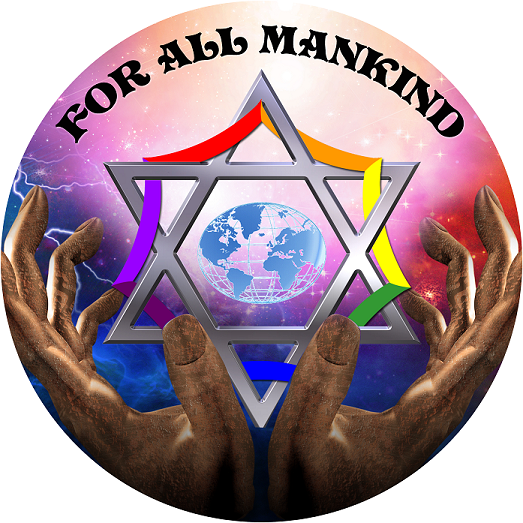









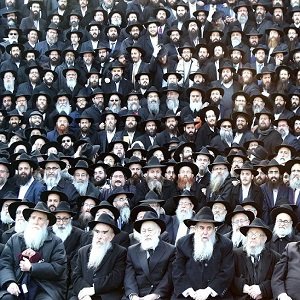 Choosing a Rabbi
Choosing a Rabbi What Is Tzedakah?
What Is Tzedakah? The Science in Torah
The Science in Torah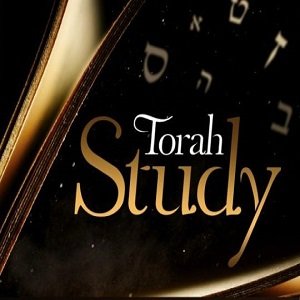 Why Study Torah?
Why Study Torah? Afterlife, Moshiach & Redemption
Afterlife, Moshiach & Redemption Your Soul
Your Soul